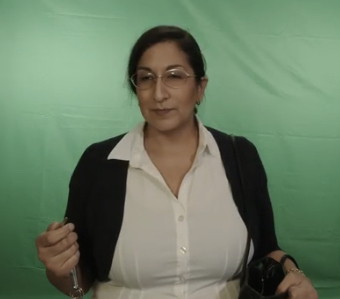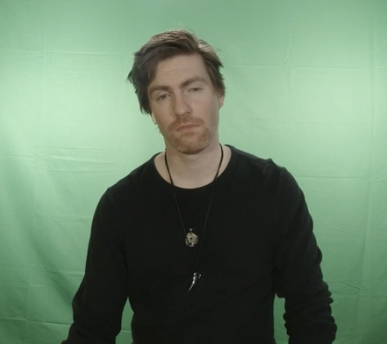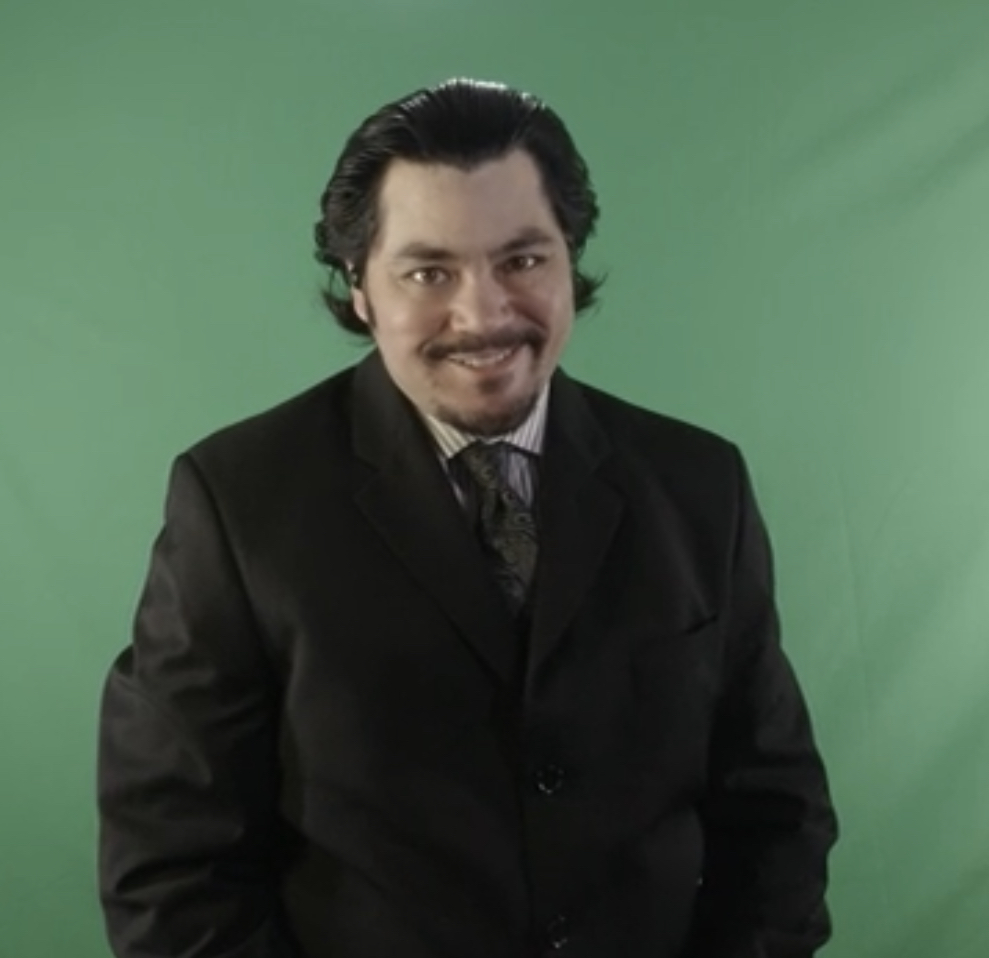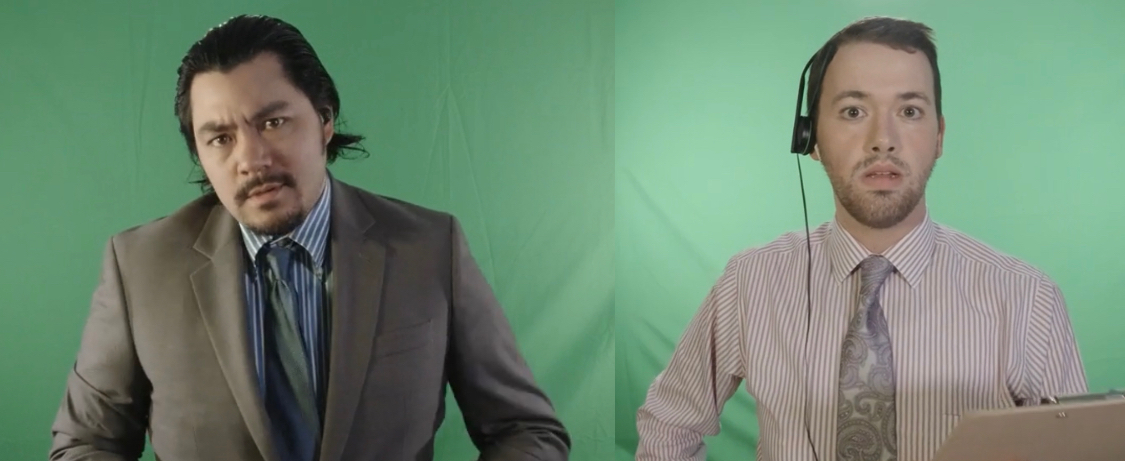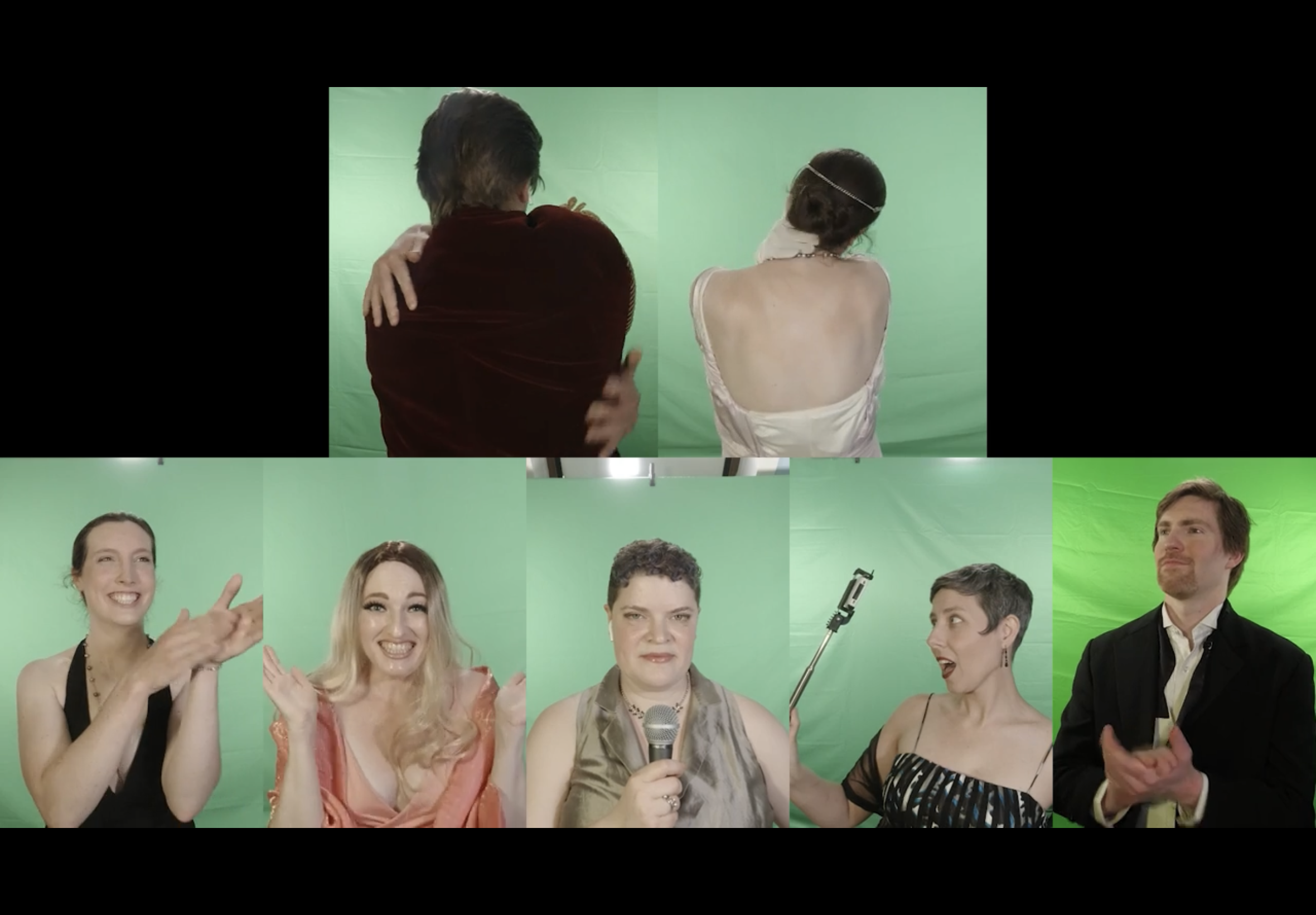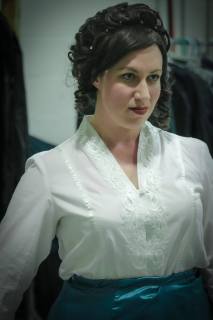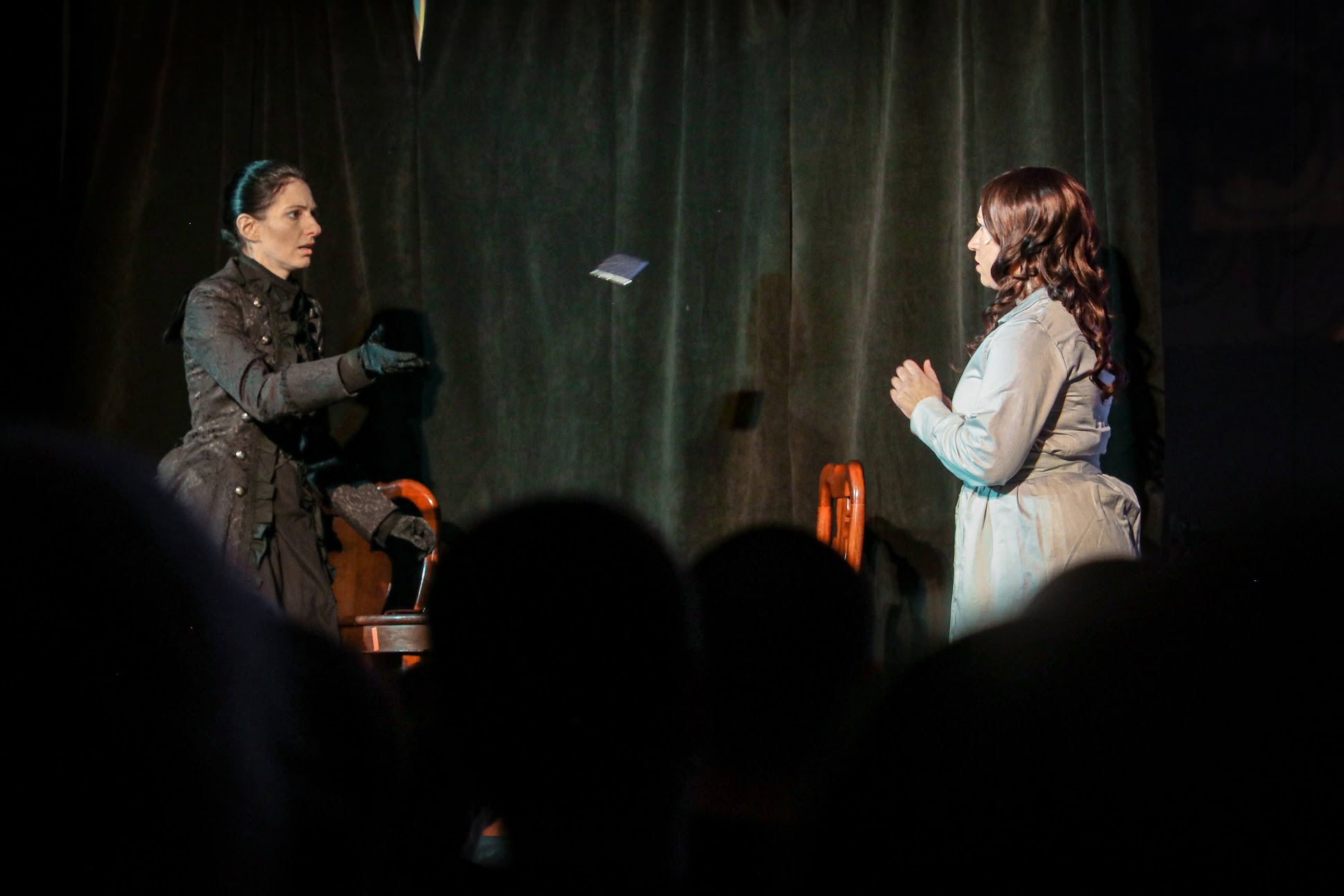October Review Challenge, #10 - "What was a moment in your work that was easy to write?"I have always suffered from the fallacy that things that were easier to write come out better, and things that are harder to write come out worse. This is IN NO DIMENSION true— often when something comes too easily, you aren't applying the same care or critical assessment to it that it requires to be the best it can be, and difficult-to-produce things often show evidence of the work that was put in. But damn, it can be a good feeling when something just FLOWS. Some of the purest joy I've ever had of the writing process was when something just struck me, and I couldn't type fast enough to get it out on the page.
I can think of several examples, each manifesting a little bit differently. I remember how easily the first five pages of Adonis came— the set up, the rhythm, the figures, the notions therein. I know very strongly what I wanted it to look like, and it kind of exploded onto the page. I did not, however, do a great job with them; a lot of how I wrote them wasn't really that evocative or effective, and I didn't realize at first because they came so easily. They required a fair bit of editing to really work, but it did feel good to get the first draft out so quickly.
Another striking example was in the development of Mrs. Hawking
part IV: Gilded Cages. A lot of that play was drafted as part of
31 Plays in 31 Days 2016. There were two scenes dealing with Victoria and Reginald's relationship, from differing angles, that stand out in particular for this. One, where Reginald finally declares his feelings for her, came out a complete mess. I know what I wanted it to be, but I didn't know enough about the scenario to structure it properly, so
my early drafting was awful. I'm pretty happy with the final version that made it into the play, but it took a lot of rewriting and development to fix it up. By contrast, I think of another scene where Mrs. Hawking is
looking back on the Colonel and their stillborn, which burst forth from me fully formed, like Athena from the head of Zeus. Looking at it now, it's practically unchanged in the final version from that very first rough draft. I remember writing it in minutes, without effort. I just knew exactly what it had to be, and I shaped the scene around it to make sure it fit.
The most recent experience of this was the
pilot episode of Dream Machine. As I put it on Facebook, "I am writing a new script at lightning speed that is totally out of my typical wheelhouse in time to make friends record this week because I want attention that doesn't involve interacting with other humans directly." Which pretty much sums it up. I slammed that script together in a week because I was feeling it so much, working on it to the exclusion of basically anything else. I had just gotten done making the "pitch" video for it just for fun, and it had me so inspired I dove in. It was so low-pressure and fun, and while it probably could use some polishing up, I think it came out pretty good. Since then Dream Machine has been a very enjoyable project, with the recording sessions with my hilarious cast being some of the highlights of this past dark year.
So, yeah, work that comes easily doesn't always mean it's come out good. But it sure feels nice every now and again.







